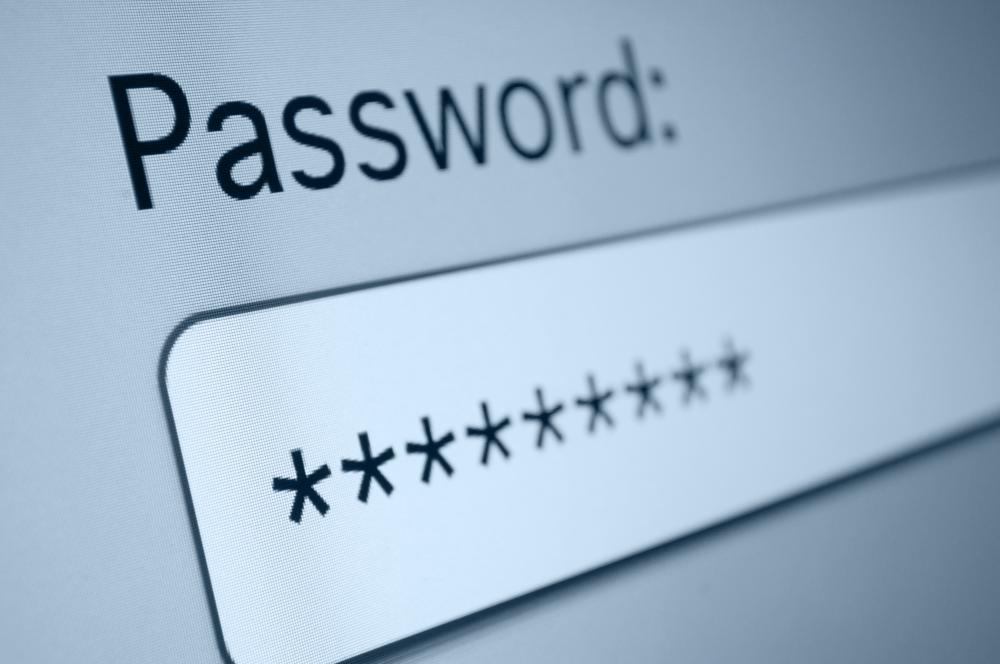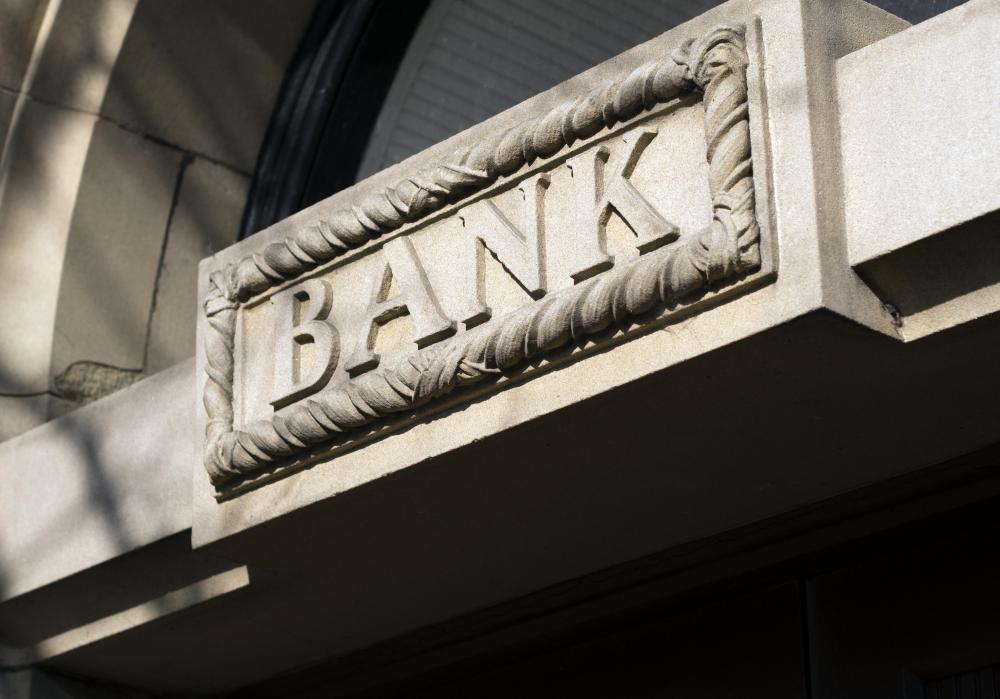At WiseGEEK, we're committed to delivering accurate, trustworthy information. Our expert-authored content is rigorously fact-checked and sourced from credible authorities. Discover how we uphold the highest standards in providing you with reliable knowledge.
What is an Internet Bank?
The Internet has changed the way many of us lead our lives. We can shop, gain educational certificates and even work from home, online. Banks have also come up to date, and now we can process all our financial transactions on our computers, via an Internet bank.
An Internet bank, or online banking, is a term used for the many different functions a bank can perform by computer. The only difference between an Internet bank and a normal bank is that, with the former, you may never need to set foot inside the actual bank. People usually have their salary placed into a bank account and the money can be used to perform many different transactions. These can all be performed online using your personal computer.

There are many advantages to using an Internet Bank. Banking hours are generally short, but with an Internet bank account you can bank outside of the normal banking hours. You can shop instantly online and pay through your bank account. You can also set up direct debits, and pay credit card and utility bills through an Internet bank. There is no need to stand in line waiting to complete transactions.

You do not need to dispense with your traditional bank altogether. Most banks now offer an Internet service that can be used in conjunction with your normal banking service. Online facilities vary from bank to bank, but most will be able to offer you the same basic banking services. You should be able to access account information, review and pay bills, transfer funds and apply for credit cards.

With online technology becoming increasingly sophisticated, you now have the option to open an Internet only, virtual bank account. These banks have no building and only exist online. They usually provide all the same services as a traditional bank, but you can never set foot inside the bank.
With an Internet bank account, a big consideration should be the security and privacy of your account. You should check the bank's policy on information sharing and ask to see a copy of the bank's privacy policy. This way, you will know what information the bank will share with other banks. Also check the banks information security procedures to make sure another party cannot access your account. Never send information such as PIN numbers by email and always change your passwords regularly.
As long as you are aware of all the security and safety issues, you should have no problems banking online. An Internet bank is a terrific time saving option. You can "virtually" visit your bank any time, day or night, even while wearing pyjamas.
AS FEATURED ON:
AS FEATURED ON:

















Discussion Comments
@hamje32 - I would think that Internet banks might be perfect targets for identity thieves, who are already adept at targeting tax returns that are filed online.
I would insist on using a service that provides maximum encryption (whatever the current standard is; 128 bit or whatever) and secure, redundant servers. I would also recommend that you change your password on a periodic basis as another security measure.
I do Internet banking with my existing, brick-and-mortar bank which has an online service. I don’t think I could ever switch to a purely Internet bank. I hate the thought of my money just sitting in cyberspace somewhere with no physical presence to certify that it’s there. One downed server, and my savings would evaporate.
One thing that should be pointed out is that websites such as PayPal are not classified as Internet banks, or banks of any kind for that matter. These are simply money transfer services, like Western Union is for regular money transfers.
If you put money in PayPal, it’s meant to be transferred. You could certainly transfer it to an Internet bank if you want to, but the money is meant to be transferred somewhere.
Post your comments